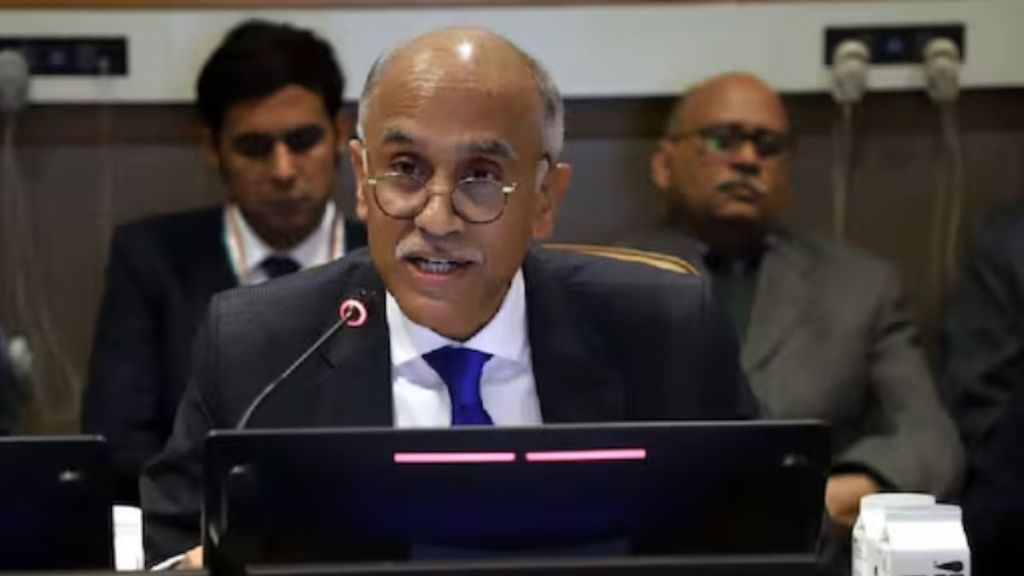India’s Permanent Representative to the UN, Parvathaneni Harish, abstained from voting in the United Nations General Assembly (UNGA) resolution on Afghanistan. India explained that a “business as usual” approach without new targeted initiatives would not affect terrorism.
Ten other countries, along with India and China, abstained from this vote, seeking political inclusion and urging the Taliban to reverse its repressive policies. These policies are “grave, worsening, widespread and systematic oppression” of all women and girls.
UNGA resolution on Afghanistan
Germany introduced the draft resolution, “The situation in Afghanistan”, with 116 votes in favour and two against from the US and Israel. India’s P. Harish called on the international community to direct its coordinated efforts towards ensuring that entities and individuals designated by the UN no longer exploit Afghan soil for terrorist activities. This came as an explanation of the vote on the UNGA resolution on the situation in Afghanistan.
Citing Kabul’s strong opposition towards the Pahalgam terror attack, India proposed a coherent mix of policy framework and disincentivising actions that harm national integrity.
On the other hand, Pakistan voted in favour of the resolution despite a tumultuous relationship with the Taliban. However, India’s abstention came from improved relations with Kabul’s Taliban.
Why did India abstain?
India elaborated that it “is closely monitoring the security situation in Afghanistan.” Representing India at the UNGA, P. Harish urged that “the Al Qaeda and their affiliates, ISIL and their affiliates, including Lashkar-e-Taiba and Jaish-e-Mohammed, along with their regional sponsors who facilitate their operations, no longer exploit the Afghan territory for terrorist activities.”
The UNGA, with 116 votes in favour, adopted the resolution calling on Afghanistan to uphold human rights, adhere to international law and take decisive action against terrorism amid a worsening humanitarian crisis, rising numbers of returnees and the enduring impact of decades of conflict.
India’s “long-standing” and “special friendship” with the Afghans was reiterated by the abstention. They were made public with EAM Jaishankar’s talks with the Taliban-appointed External Affairs Minister. India’s active engagement with regional and international stakeholders has been a major consideration before the abstention.


